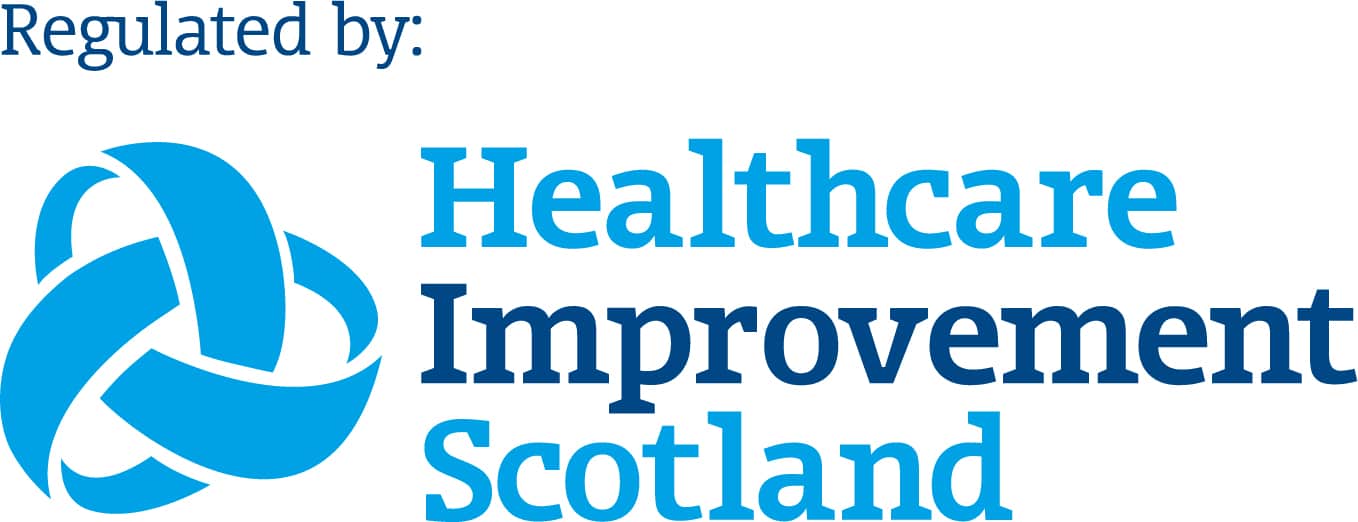The mental health impacts of the COVID-19 pandemic have been well documented. Fear, worry, and stress are normal responses to the unknown or uncertain situations. During the Covid-19 pandemic people had to adapt to new ways of living, restricted movement, isolation, and lack of physical contact with their loved ones. So, it is normal and understandable that people experienced fear and distress. Experts predicted a sustained wave of mental health disorders in the aftermath of Covid-19. This prediction was accurate, and we are seeing increasing mental health issues, resulting in longer waiting times for patients struggling with their mental health challenges.

Longitudinal population-based studies show that symptoms of anxiety and depression increased throughout the pandemic. Though levels have fallen slightly, experts warn that, the impact of the pandemic on mental health will be long lasting. The prevalence of common mental health disorders, such as depression and anxiety are expected to stay at higher levels than pre-pandemic. This is due to the long-term effects of social distancing, quarantine, and socioeconomic factors – all have had lasting impact on everyday life.
Quarantine and social distancing had an impact on the mental health of many people. People experienced emotional distress, irritability, insomnia, and depression with some suffering from post-traumatic stress symptoms straight after being in quarantine. The long-term impacts are variable from person to person, but studies have shown that anxiety, anger, depression, alcohol abuse as well as behavioural changes are amongst the most common symptoms reported in the post-pandemic period. Doctors say that these symptoms may last from several months up to 3 years after the end of the pandemic. Prolonged social isolation can result in social withdrawal, a phenomenon which is called a Hikikomomori, which is further worsened by the current socioeconomic crisis. With the economies of many countries showing slow growth and recession, there have been further negative influences on people’s mental health. Unemployment and hardship, a result of unstable economies, is a well-known risk factor for depression and suicide.
With the increase of mental health disorders in the post-pandemic period, mental health services are struggling to provide the care that is needed for patients. Enhancing access to mental health services such as telepsychiatry, psycho-social support, and providing early assessment and screening helps mitigate and reduce mental health issues.
Implementing long-term measures that help healthcare providers tackle the impact of mental health disorders are seen as paramount in delivering the correct care to the patients and improving mental health. According to NHS Highlands, mental health patients are waiting on average nearly 2 years to be seen by a doctor and to receive the appropriate treatment. At ROC, we believe that early intervention, care, and support is important in treating mental health. We offer our patients face-to face or remote consultations with specialists and GPs who are passionate about mental healthcare. Our team of psychiatrists, counsellors, psychologists, and psychotherapists have been trusted by our patients for over 10 years and pride themselves on their excellent care.
The COVID-19 pandemic has had a major impact on patient’s mental health and the effects can be long lasting. The prevalence of common psychiatric disorders and suicide has increased since the beginning of the pandemic and is expected to rise during post-pandemic times. Therefore, it is more important than ever to enhance accessibility to mental health services.
If you would like to know more about how ROC can help you or anyone in need, please do not hesitate to contact us on 01224 515 254. We are here for you.
References:
Mental health and COVID-19 (who.int)
Mental health after covid-19 | The BMJ
Post COVID-19 pandemic mental health challenges – PMC (nih.gov)
NHS Highland mental health patients face two-year wait for treatment in Caithness | STV News


